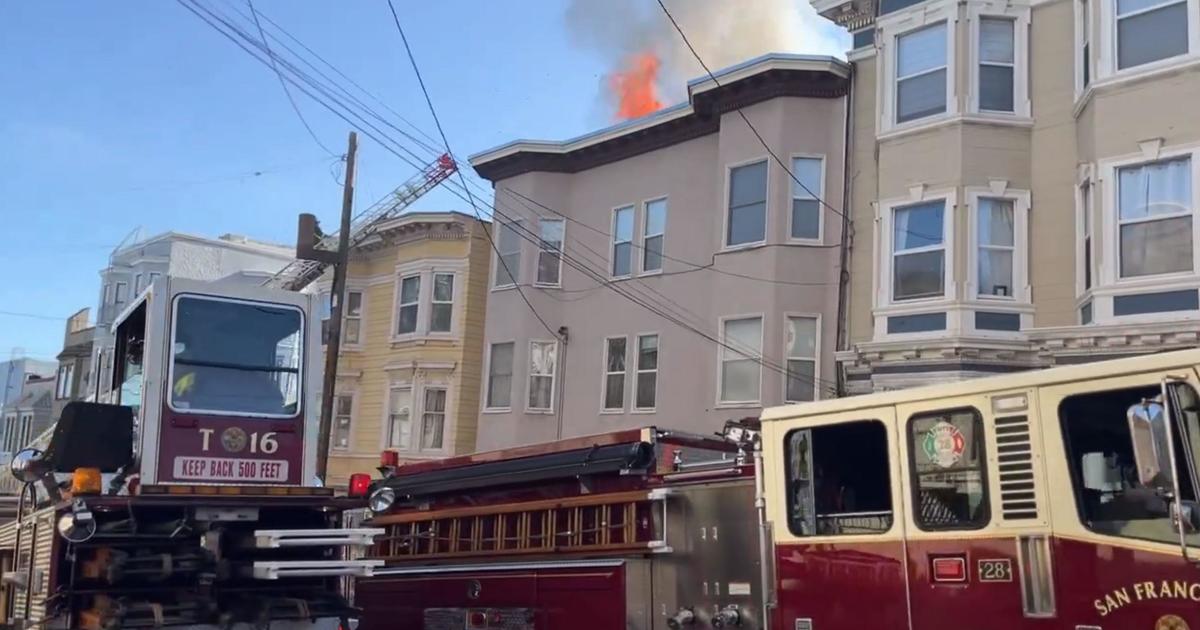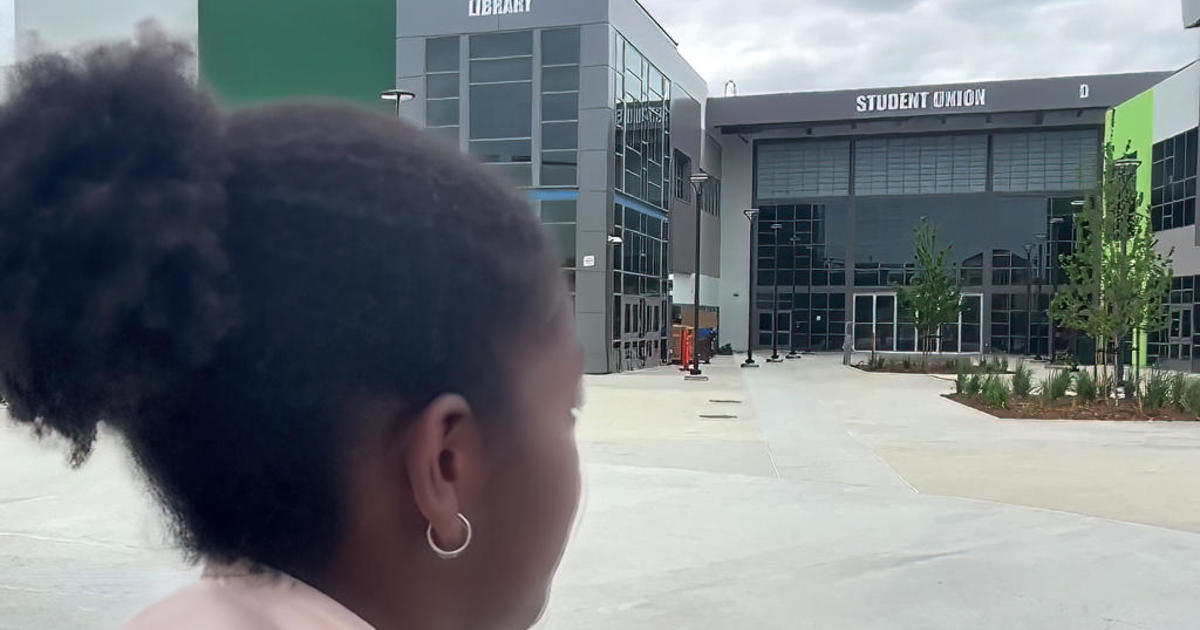Identifying childhood trauma a key to rehabilitating, reintegrating prison inmates into society
SOLEDAD (KPIX) -- For years, prisons were focused on punishment rather than rehabilitation. But now, a new approach explores the reasons they ended up behind bars in the first place.
Even after spending more than two decades bars, Terrance Ford still struggles with a life he calls hell.
"I wouldn't wish this for anybody," he said. "It's meant to punish you psychologically and it does."
Other than the prison yard, his entire world consists of a 6 by 10 cell, where days seem to blend together. The only connection to the outside is a tiny window that's permanently sealed shut.
"Not being able to just go outside or hear a bird or see any trees blowing in the wind, that gets to you," he said.
PART 1 - Norway's reform inspires California to make prison life more humane
Even before arriving at Salinas Valley, a Level Four maximum security state prison, his life wasn't much better.
"I remember I was three, walking down the street by myself in my Pampers and my mom didn't even have a clue of where I was," he recalled.
Born in Richmond, he grew up surrounded by gangs, drugs and violence. It was, as he put it, "the norm."
"I've walked by cars and seen dead bodies just sitting in there that have been shot to death," he said.
By the time he was 18, he was serving his first stint in prison for burglary. Then, in 2008, he held a driver at gunpoint taking him with him. That resulted in a kidnapping charge and a sentence of 26 years to life.
"What I thought was simple turned out to be the worst mistake of my life," he said.
According to the Centers for Disease Control and Prevention, about 60 percent of adults suffer from some type of childhood trauma, compared to 97 percent among prison inmates. Even so, it's a topic that's rarely discussed within prison walls.
But that might be changing.
Fritzi Horstman is the founder of a non-profit called The Compassion Prison Project. For the last three years she's been educating officials and inmates about the long-term effects of childhood trauma.
Studies have shown that early life abuse is linked to a host of psychological disorders including depression, anxiety, and PTSD.
"Being told you're not good enough, being whipped by your parents, is damaging not only to their well-being, but their ability to perform good in school, their ability to keep a job," she said.
Horstman says she cares about these men even though they've committed heinous crimes. She cares because she too suffered from physical and emotional abuse as a child.
"I engaged in criminal activity," she said. "I stole, I was a shoplifter I sold drugs. I did things that went against my own moral compass," she said.
Her behavior, she says, was a direct result of her trauma, a message she's trying to pass on to the men at Salinas.
Hortsman starts off by putting prisoners in a circle. Then, she reads a set of questions from the Center for Disease Control's 'Ace Quiz,' which stands for Adverse Childhood Experiences.
The rougher your childhood, the higher your ACE score.
Four or more ACES and you're at high risk for toxic stress. The likelihood of depression increases 460 percent, attempted suicide jumps 1,220 percent. You're also seven times more likely to go to prison.
No surprise, almost everyone at Salinas scores above four. Some hit as many as nine.
Ford gets a five out of original 10 questions used by the CDC and another seven out of 10 in a second round specifically tailored to prisoners.
"I guess you're blind to trauma that you feel like you can handle mentally," he said. "So, I was definitely living in blindness."
Coming to terms with what they've done and why Horstman says, helps them start the process of healing. The goal is to reduce childhood trauma, thereby lowering their chances of reoffending.
"95 percent of the people in prison are going to come home some day and do you want a good neighbor or do you want a good criminal?" Horstman said.
For Ford it was a moment of realization that he's not alone.
"It showed that no matter what you go through there's always someone here that went through it with you."
This is Part 2 of Itay Hod's three-part series on prison reform. Watch for Part 3 this week on the KPIX 5 News.



